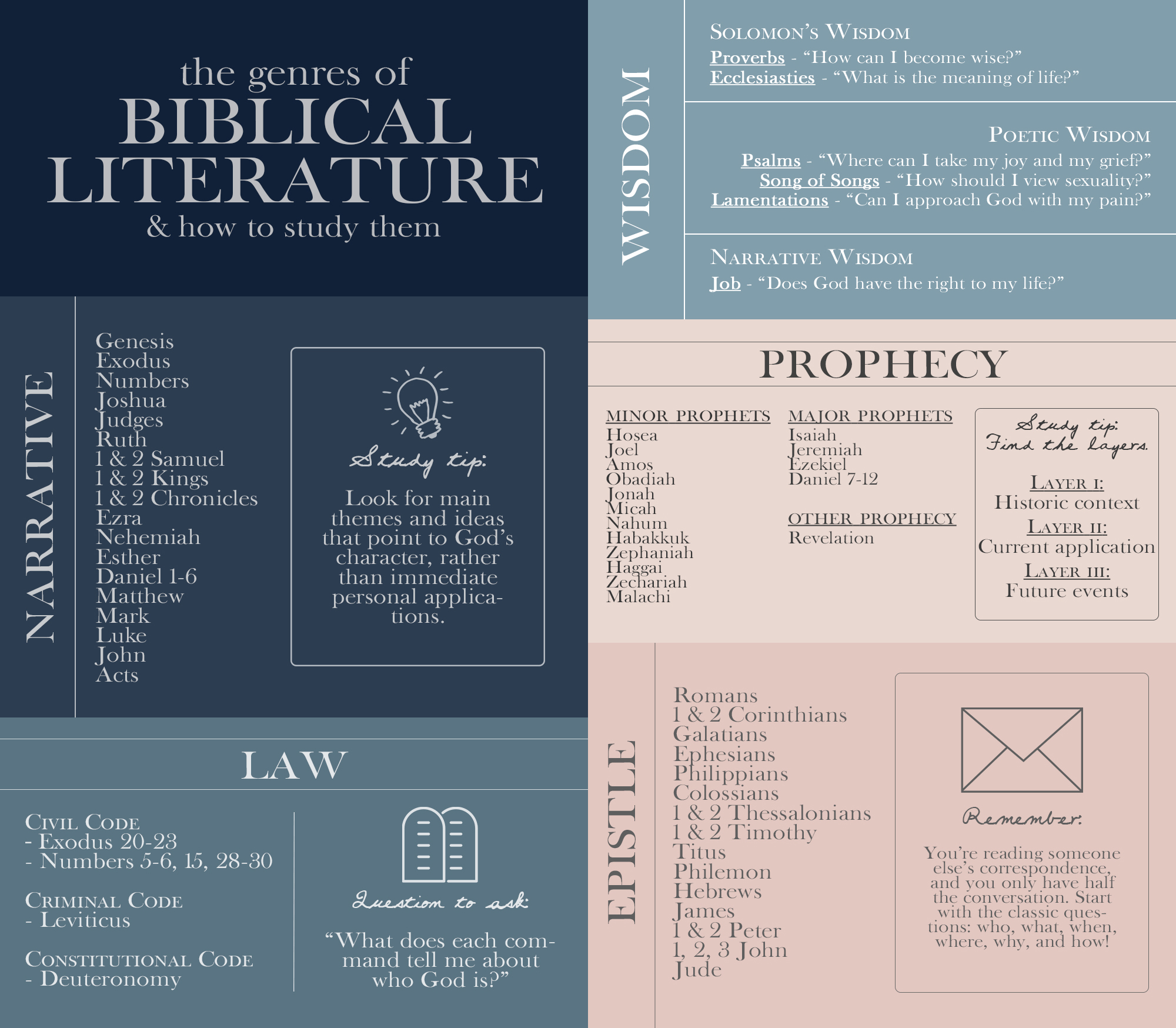2. You're reading it like a rulebook or self-help book.
To balance out Point #1, though, we have to address the fact that the Bible is one cohesive unit with a cohesive goal. That goal isn't, however, to give you all the laws of righteousness, or all the guidelines to live a good life.
If you're reading the Bible as if every verse is a moral imperative that you must apply to your own life immediately, or as if every passage contains a promise for you to cling to unwaveringly, you're probably reading your Bible wrong. It's not an exhaustive list of commands or a book of magic spells. It's actually a story - a story that reveals, in the most beautiful of ways, the identity of its Author, and then allows that identity to transform your life.
3. You're reading it like it was written to you.
I took this mistake to the extreme in my days of cherry-picking-at-random. I thought that the whole Bible was written to me, somehow - that there must be a way to twist every single verse and make it about me.
But in fact, each different book in the Bible was written to a specific audience in a specific time and for a specific purpose. Some books were written to the Jewish people as a record of their history and the great works of God among them. Some were written to specific nations as warnings of judgment. Some were written to new church communities in regions where the Gospel had been spread.
None were written to you or to me. None were written to or from a 21st-century Western thinker. So if you're reading them as if they were, you're reading wrong.
There are unique challenges to reading the Bible as a postmodern American when its background is ancient and Middle Eastern. There are things we miss because of it. But we can remember that what wasn't written TO us was written FOR us - for the timeless benefit of God's servants, even when the original players are long dead.







